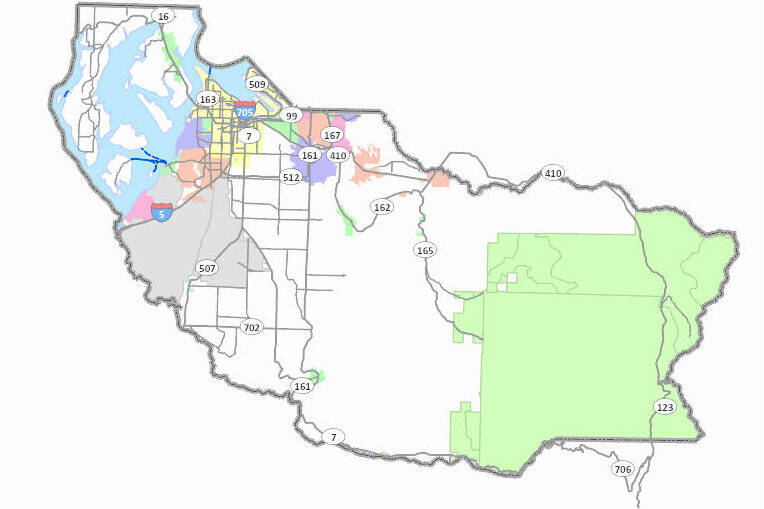What is behind the ‘Beni Koji’ death scandal in Japan? – Firstpost
)
Japanese dietary supplement maker Kobayashi Pharmaceutical said on Friday it was investigating 76 more deaths possibly linked to its cholesterol-lowering pills containing red yeast rice, or Beni Koji. Reuters
Japanese pharmaceutical giant Kobayashi Pharmaceutical is investigating 76 more deaths possibly linked to its tablet-form dietary supplement containing red yeast rice called Beni Koji, which is said to lower cholesterol.
The investigation comes after the product was removed from shelves several months ago following numerous reports linking it to kidney problems, reportedly resulting in five deaths and around 100 hospitalizations.
The company denies that the hospitalizations or deaths were due to kidney disease, but acknowledges that there have been “a number of cases, including cases in which Beni Koji-related products may have caused harm or had indirect effects in some way,” Kobayashi said in a statement.
So what exactly is Beni Koji and what are its health effects? Let’s dive deeper into its effects and the concerns surrounding it.
What is Beni Koji?
Beni koji, also known as red yeast rice, is a traditional Japanese ingredient made by fermenting rice with the reddish-purple fungus Monascus purpureus. It has been consumed for centuries in countries such as China, Taiwan and Japan and is prized for its health benefits and distinctive red hue. It is often used to color and flavor dishes such as tofu and Chinese rice wine.
In the 1970s, researchers discovered “Monacolin K” in the mold, a cholesterol-lowering compound with properties similar to those of statin drugs. In addition, Beni Koji contains antioxidants, amino acids and beneficial enzymes that contribute to overall health and well-being.
This discovery, highlighted by Yumiko Yoshizaki, an associate professor at Kagoshima University and an expert in fermented foods, boosted the popularity of Beni Koji in dietary supplements, as reported in the Japanese newspaper The Mainichi.
Kobayashi Pharmaceutical used Beni Koji in its dietary supplement “Beni-koji Choleste-Help” and advertised that it could lower bad cholesterol. However, there were concerns about the presence of citrinin, a toxic byproduct of the fermentation process that is linked to kidney disease, according to News from NHK JapanDespite these concerns, Kobayashi Pharmaceutical claimed that no citrinin had been detected in its products.
The health problem
According to the Osaka-based company, a person who had consumed Beni-Koji over the past three years died of kidney disease in March.
The second death was reported by the Ministry of Health, Labour and Welfare after a hearing with the company, according to Kyodo.
Following the reported deaths and dozens of hospitalizations, Kobayashi said in a statement that they did not understand the connection between health problems and the company’s products, but said the supplements contained “ingredients we did not want to use.”
“The health problems seem to be concentrated among those who took the supplements manufactured after September,” said the Japan Times reported, adding that affected customers reported symptoms such as a change in urine color, swelling in the limbs and fatigue.
As the company now knows on Friday, red yeast rice was not involved in one of the five deaths initially investigated.
“We have received 1,656 requests from people seeking medical attention and are currently investigating 76 cases for (causal) connection to the deaths,” in addition to the original four, it said.
The huge recall
As concerns about the safety of Beni Koji grew, Kobayashi Pharmaceutical initiated a worldwide recall of its product.
“Please stop taking our products and do not use them in the future,” the pharmaceutical manufacturer apologized to the public when it recalled 300,000 units of the cholesterol-lowering dietary supplement.
Kobayashi had exported Beni Koji-based nutritional supplements to over 50 companies in Japan and two in Taiwan. In response to the health crisis, Taiwanese firms preemptively recalled 154 products, including fermented salted squid, senbei rice crackers and Japanese sake, that contained the Osaka-based drugmaker’s ingredient. According to local media reports, online sales of the recalled products in China have also been suspended and their distribution in Taiwan halted.
The impact of the recall also extended to Europe. In France, consumers were advised to consult a doctor before consuming Beni Koji products, while in Switzerland the sale of food and medicines containing the ingredient was banned, as reported The Mainichi.
Subsequent developments underscored the seriousness of the situation. A few days later, Kobayashi announced that a potentially toxic acid produced by the mold had been discovered in one of its factories. This revelation prompted Japanese health authorities to conduct raids on two of the company’s factories under the Food Hygiene Law.
Regarding the government’s reaction, chief spokesman Yoshimasa Hayashi said in a AFP Friday’s British media report said the Department of Health had previously ordered the company to submit a daily report on its investigations, and earlier this month it demanded more details after there was no change in the number of deaths being investigated.
“But to date, the exact number of cases under investigation has not been disclosed, and this is extremely regrettable,” Hayashi told reporters.
With input from agencies
Find us on YouTube
Subscribe to



